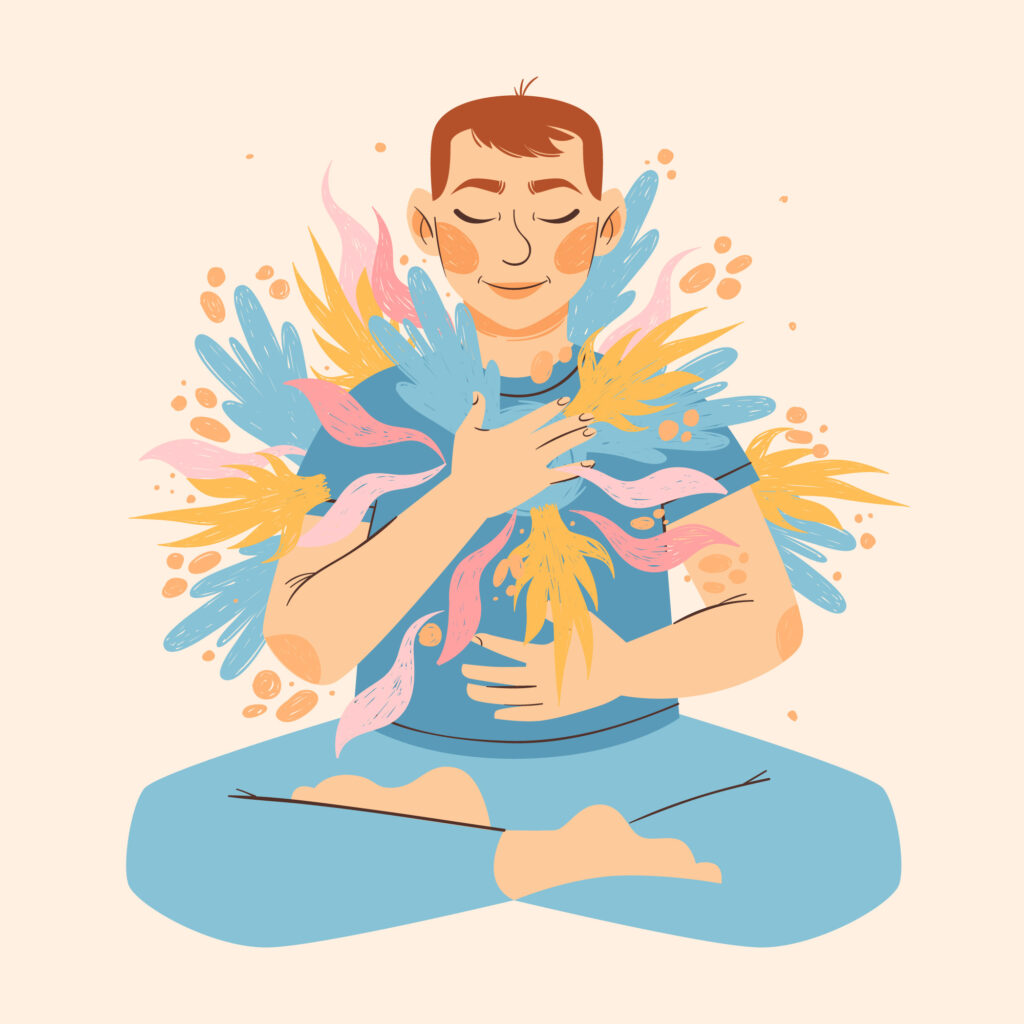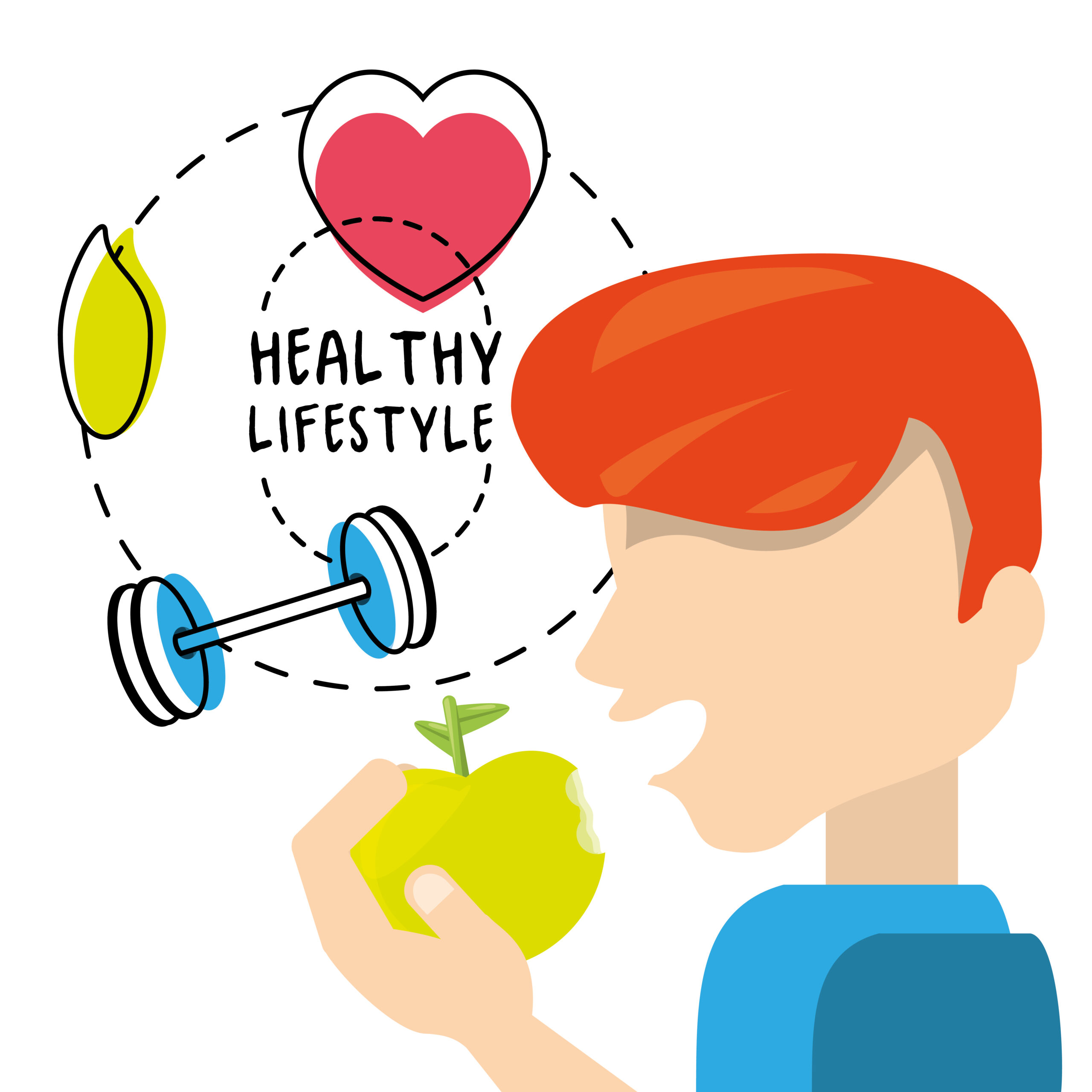As more are squeezed into their schedules and chasing careers, taking care of one’s health always seem like a last thing on a person’s to-do list. But the reality is that wellness is not a privilege but a necessitate. WHO’s wellness model is more famous as wellness model and beginning the journey towards wellness means focusing on physical, emotional, mental, and spiritual well being. If you want to find out how to minimize stress, how to lose weight, or just want to have a healthier and happier life – starting today is the best thing you could do for yourself.
Here in this blog post, we shall demystify some of the most basic but effective elements needed to start your wellness journey and perhaps, most importantly– sustaining them as you forge on to create the best you in a long-term basis. I want to provide you with the comprehensible definition of wellness and get down to the subject that is based on several aspects of life.
Step 1: Discover How Wellness Is Defined To You
The first thing that anyone needs to do when starting on their wellness plan is understand what the concept of ‘wellness’ is to them. Wellness is a personal concht that is not universal and changes with time. This it may involve having a perfect health fitness, for others it may involve beating stress levels or being mentally fit.
Take a moment to reflect on your current lifestyle and ask yourself:
- Am I healthy? How is my mental condition?
- Do I feel as though there are some domains of my life that is off or out of sync?
What could I do to make my daily life a little better?
This way, you will be able to set targets which will be quite accurate to the best interest of the individual, since you have managed to identify what aspect of wellness interests you. Whether it is about increasing energy, practicing mindfulness, or establishing greater levels of health, understanding the why will help to drive the motivation as well as focus for the journey.
Step 2: Here are the goals: A realistic and achievable goal.
After ascertaining which areas to target, one is to create goals for those areas to be targeted. But not any goals – attainable goals. Hard and specific goals are important if businesspersons are to help their businesses survive in the long run. It is advisable to break the goals into more manageable ones since your mind is not tuned to accepting large goals that will be unreachable.
For example:
If your plan include lifting your level of exercise, set achievable goals like walking 15 minutes a day for one week. However, build up this time as and when you feel ready.
You should start with 5 minutes of meditation per day and then build up to 15-20 minutes per day for mindfulness.
These smaller goals are much easier to achieve, helping you stay on track with your wellness goals and give you the confidence from progressing to keep being committed to your process.
Step 3: Focus on Nourishing Your Body
Physical well-being is usually the first thing people associate with personal health. However, it’s important to note that holistic fitness is a far cry from simple exercise regimens—it is about the food that we take, the water we drink, and the sleep we get.
Eating for Wellness
If your aim is to feed your body in a way that will help it perform its best, make sure you are eating a lot of nutrient-rich foods. When you eat whole meal foods such as vegetables, fruits, lean meats, fish, whole grains, and nuts, your body receives adequate vitamins and minerals for its daily activities.
Consider the following tips to improve your diet:
This is a great opportunity to include a great variety of colorful fruits and vegetables into your meals.
It gives preference to lean proteins such as chicken, fish, tofu, beans and any other vegetable sources of protein.
Do not consume foods that are full of sugars and unhealthy fats as they are processed.
– Another is to take plenty of water in the day so as to be able to regulate your body heat production.
Just ensure that you remember that wellness is all about moderation and not necessarily about deprivation. Indulge in your cheat days once in a while but do it sparingly; otherwise ensure the bulk of your diet is healthy food.
The Importance of Sleep
Most people tend to forget that sleep is an important component of their overall health. A poor quality sleep is likely to reduce your mood, cognitive capabilities, immune system and compound on your general health. Adults should ideally sleep for 7-9 hours per night and make sure they have a sleep schedule that assists with helping them end their day on a calm note. This would encompass things like reading, meditating, or doing something as simple as listening to some soft music.
Movement and Exercise
Physical movement forms an important part of this and one does not necessarily have to run for hours on the treadmill to be fit. When it comes to physical activity make sure to do things that you have fun such as practicing yoga, swimming, dancing or even hiking.
The recommendation is to begin by starting with 20-30 minutes of exercise and gradually build up this duration. In my opinion, the main idea is to stick to practices and sign up for the things that would make you happy and fulfilled. This is not to say that exercise needs to be very rigorous; if it is something you derive pleasure in then it is something you will always be happy to do.
Step 4: Build Mental and Emotional Health
Take care of the inside, just as much as you take care of the outside. Mental wellness mean how well one is handling stress, how they approach life’s challenges, and their overall outlook to issues. Emotional well-being is the ability to control feelings, form positive connections with people, and treat oneself kindly.
Mindfulness and Meditation
Both of these approaches are quite effective in enhancing the general understanding or general cognition and managing stress. If you spend some time every day to consciously breathe and proceed with your day with mindfulness, contenting anxiety, sharpening your concentration, and even improving your emotional intelligence.
begin with 5 minutes of mindful breathing or meditation per day and can slowly build up to that needed amount. Calm and Headspace are good programs that are able to provide special sessions that can be used for the regular mindfulness practice.
Manage Stress Effectively
As found out, the use of stress management strategies is crucial to the emotional health you need for your daily activities. Some effective strategies include:
- Deep breathing exercises
- Journaling
- Practicing gratitude
Not only is it easy to become distracted while working but also most people end up developing rigid postures that are unhealthy for their bodies: therefore, it is recommended that one should take short breaks every now and then.
Stress is known to have very many effects both on the body and the mind, the good news is that you are able to prevent stress from causing so much damage to your body when you learn that you are stressed.
Positive Interactions
Fill your life with people who encourage and motivate you towards better health. Many people believe that having friends is necessary for mental health, because this gives individual a feeling that he or she needs. Spend several minutes talking with close friends and loved ones and develop a number of interactions that would bring only good emotions.

Step 5: Embrace Self-Care Practices
Personal care is inevitable in anyone’s process of embracing the art of embracing a healthier lifestyle. It is not actually a sign of being self-centered —it is in fact important for your health! Taking time to care for one’s self means that one is able to get rid of stress and consequently avoid being overwhelmed.
Self-care can be very different depending on what each person requires or thinks is best for them. Here are a few self-care practices to consider:
- Relaxation techniques: Have a warm bath, listen to some good music, or even a simple warm up for the muscles prior to a relaxing body workout.
- Creative outlets: Practice arts and craft or other fun activities that may interest you like painting, writing, gardening or cooking.
- Pampering: Check out skincare treatments or a great facial mask and give yourself a royal spa treatment right in the convenience of your home.
In fact, let me reiterate that self-care doesn’t always have to be elaborate, it is a conscious effort of doing things that brings joy and re-energizes the body.
Step 6: Develop a Growth Mindset
A growth mindset is the attitude that relates to the capability of increasing effort, learning, and perseverance. On any wellness improvement journey, it is important to embrace growth mindset in as a way of handling hiccups experienced in improvement process.
- Celebrate progress, not perfection: Familiarize yourself with a concept of incremental success, do not aim at achieving the ultimate goal, it is enough to conquer small steps. Every single move can be seen as a move toward your end goal.
- Learn from setbacks: In case something goes wrong, pursue it as a failure, but do not think of it as one. One should always know his or her mistakes and analyze them, change the strategy and proceed.
- Be kind to yourself: Do not beat yourself up if you do no achieve all that you had planned to do in the day. And this is very true, progress is gradual and building a health life does not happen in a day.
Step 7: Build a Support System
Support plays a very crucial role when it comes to standing a better chance of realizing ones wellness objectives. Sometimes it could be a friend, family or a wellness community, having the right people who will support and encourage you can go a long way in helping to keep you with your goal.
They include joining a fitness group, attending a wellness workshop and looking for a wellness buddy who is heading the same way. Accountability can help with that, and having company makes the path seem less lonely.
Step 8: Stay Consistent and Patient
A journey does not have an end; wellness, therefore, cannot be an end goal. The necessity of being consistent more crucial than the ability to be impeccable. Never mind the one time you have to go through days or even weeks when you find it hard to get motivated. Rather, set your efforts on cultivating healthy behaviors that will lead to that goal and accept the change and development process.
This means that you should first be patient with yourself as you take up your wellness regimens. It gives me pleasure to inform you that change does not happen overnight, but all effort will see a change in your life. Note that this process is about permanent habits, and it is performed step by step, day by day.
Conclusion
Committing your self to take the first step towards a healthier and happier life today is something that is beneficial for you. Getting started may seem quite daunting, but with sustainable positive changes, the Quality of your Physical, Mental and or /Emotional health starts to improve gradually. Concentrate on feeding your body right, developing a healthy attitude toward oneself, taking care of oneself, and being a member of a loving family.
Wellness? You are alone in your choice to pursue it, and there is no perfect strategy for doing it. It is imperative that you begin today towards creating healthy habits for the rest of your life tomorrow.
